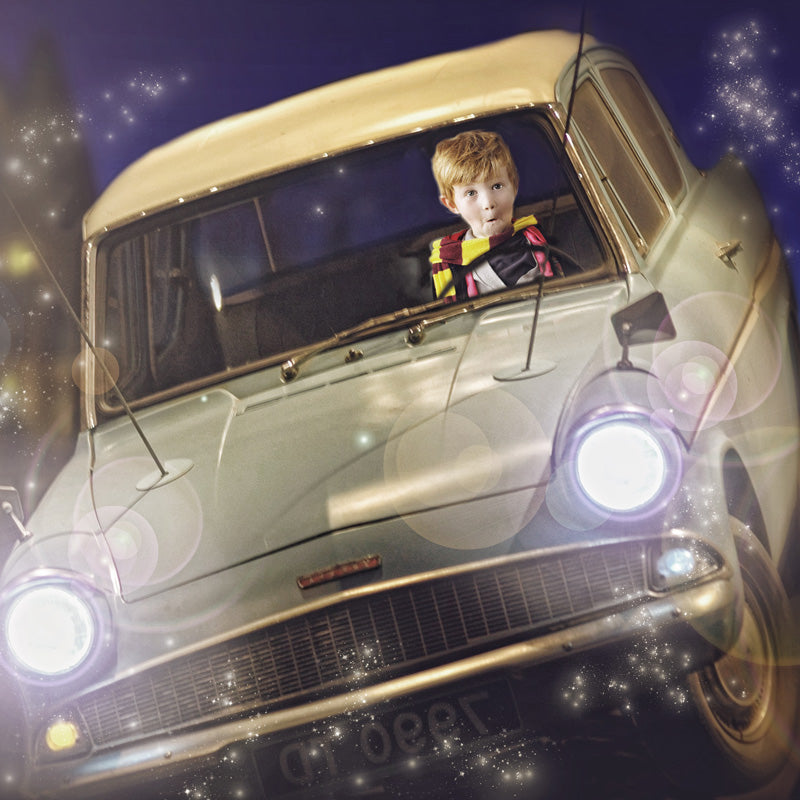LITTLE SHOP
of HORRORS
of HORRORS
Great news!
Costume hire is still available as we build our new showroom. Please note that appointments are strictly by appointment only. You can easily book your appointment online using the buttons available on every page of our catalog.
Thank you for your understanding and patience as we work diligently to get back to business. We look forward to welcoming you to our new showroom! Be sure to follow us on social media for the latest updates!






Step into the extraordinary world of Little Shop of Horrors Costumery! Our exclusive costume hire collection awaits, meticulously tailored to bring beloved characters to life like never before. Let us turn your fantasies into reality, ensuring the spotlight shines on you all night while you create unforgettable memories. With Little Shop of Horrors Costumery, you're guaranteed a fancy dress experience unlike any other. Join us, on an epic transformative journey.
BE THE FIRST TO FLAUNT OUR NEWEST COSTUME ARRIVALS


At Little Shop of Horrors, we specialize in bringing iconic characters to life through our exceptional costumes, cinematic makeup, and photography services. Our passion lies in transforming our clients, creating unforgettable experiences and treasured memories. Contact us for your next party or event, and let us bring your vision to life.



shop small. support local.
Little Shop of Horrors Costumery
A truly immersive pop-culture shopping experience, owned and operated by two crazy sisters with a dream.
We can't wait to make you a star!






















